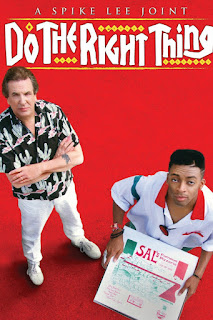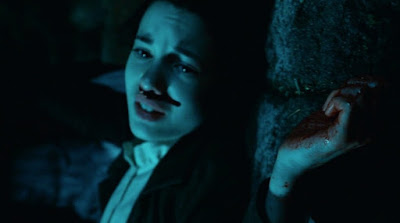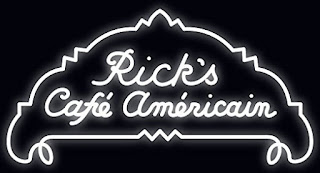Film Analysis - 'Do the right thing' (directed by Spike Lee)
 'Do the right thing' (https://www.youtube.com/watch?v=5Ny631yQ-DM), directed by Spike Lee (https://en.wikipedia.org/wiki/Spike_Lee) is film that hits hard but only over a long period of time; it focuses on the injustices created by racism in a densely pack community and the instability caused by a lack of understanding and social equality.
'Do the right thing' (https://www.youtube.com/watch?v=5Ny631yQ-DM), directed by Spike Lee (https://en.wikipedia.org/wiki/Spike_Lee) is film that hits hard but only over a long period of time; it focuses on the injustices created by racism in a densely pack community and the instability caused by a lack of understanding and social equality.The film follows a variety characters (and gradually presents how they feel about their current situation and each other), however the two main protagonists would have to be 'Mookie', played by Spike Lee himself and 'Sal' (local pizzeria owner), played by Danny Aiello (https://en.wikipedia.org/wiki/Danny_Aiello). Mookie is a 25 year old delivery man who lives with his sister (Tina) and seems to prefer going along with the flow rather than making any actual changes to his life. He works for Sal, the owner of Sal's Famous Pizzeria, who is struggling to avoid conflict with the local black residence when they become angered at the lack of celebrate black activists (e.g. Martin Luthor King, Nelson Mandela and etc.) being featured up on the wall of fame. What is so interesting about this film is how it allows the viewer to relate to its characters and at the same time grow distant from them, ultimately resulting in a constant shifting of scales as their actions continue to lead to an end result that we may or may not like.
Mookie is a man who lives an honest life and seems to have more in common with the average man (regardless of race), he is in a state of financial uncertainty that is seemingly emphasised by the introduction of 'Da Mayor', a local drunk played by Ossie Davis (https://en.wikipedia.org/wiki/Ossie_Davis), who conveys in a (ironically) sobering speech the disappointment and hatred in ones self once they fail to feed their children no matter how hard they try, this type of wisdom isn't known by many in the modern generation, however this scene hits hard and leaves us feeling like we take our comfortable lives for granted.
Sal, serves a sort of social equilibrium, he seems accepting of other races to a point, however when push comes to shove he has an apparent distrust of the black youths that enter his restaurant; he tries to discourage racism in his sons however he never stops them from using the N word or even from referring to those of other races in a negative light, thus suggesting that the way he acts is more out of common courtesy rather than actual belief. It would seem that Sal embodies what it means to be white and seemingly infers that there is a general lack in belief or desire in the white community to bring the races in the city closer together.
(The film (while long) ultimately leaves us feeling shocked and perhaps, a little guilty, perhaps serving as a lesson to us all that society is a machine that only works when all the cogs are turning equally.)




Comments
Post a Comment